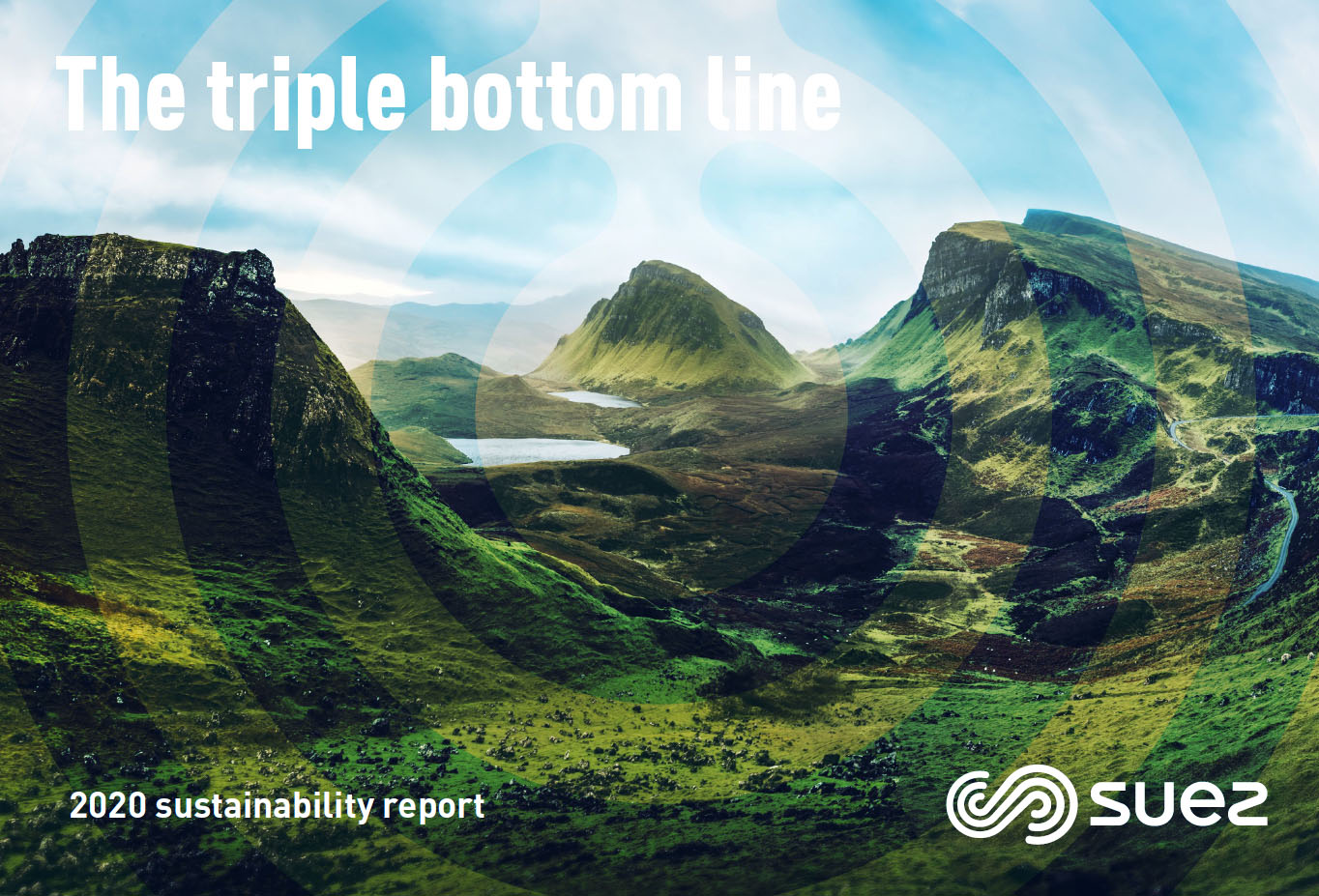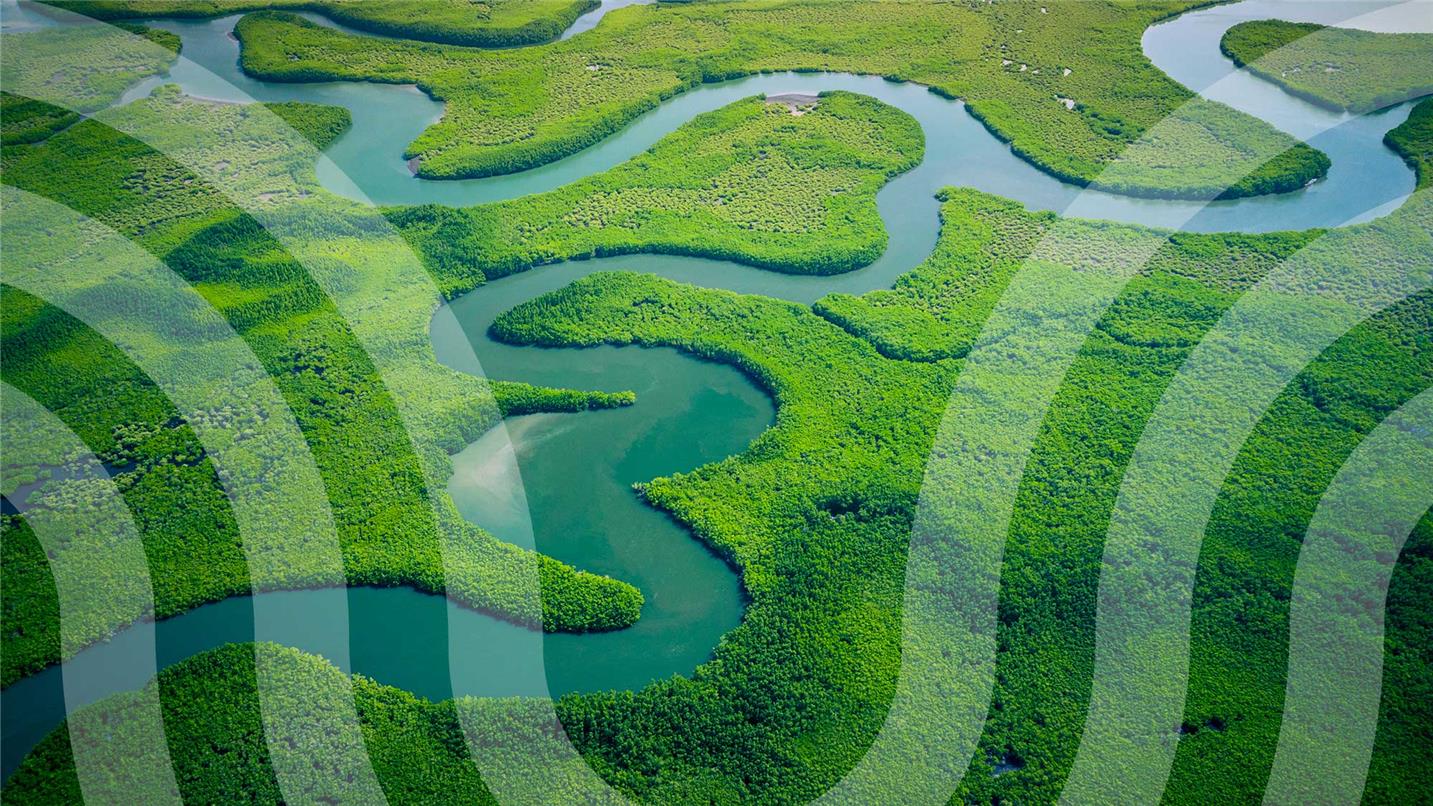What is it and why is it important?
The ‘Triple Bottom Line’ began as an accounting framework for purpose-led organisations to evaluate their performance in terms of impact on people and the planet, as well as profit.
It embodies the three dimensions of sustainability – social, environmental and economic.
The triple bottom line also aligns with our strategic purpose of supporting the UK’s circular economy.
We face grave global and national challenges – the climate crisis, biodiversity collapse, and social inequality and exclusion. Businesses that adopt the triple bottom line philosophy can be part of the solution. And it helps us build on the positive impact we are already making.
More of our customers are also responding to these concerns. Many local authorities have declared a climate emergency. They and businesses are also strengthening their sustainability strategies, linking them to the UN Sustainable Development Goals, and setting targets for net zero carbon emissions.
However, campaigners and people generally are rightly calling out ‘greenwashing’ and ‘purpose-washing’ by companies that trumpet commitments for marketing or PR purposes and don’t deliver. See green claims code.
What is the political and legal framework?
Climate Change Act
The UK government was the first to enshrine a net zero target by 2050 in law.
The Environment Act 2021
In November 2021, The Environment Act 2021 became law to protect and enhance our environment for future generations.
Social Value Act
Strengthened in 2020, it means greater weight is given to wider social, environmental and economic benefits when awarding public contracts.
What are we doing?
We are embedding the triple bottom line approach from the top to the bottom of our business.
- The three strands of sustainability are already reflected in our corporate purpose and values.
- Both Sustainable Environment and Social Value are now critical success factors by which we gauge the success of our business – and reward managerial performance.
- Our eight themes and headline commitments – developed to guide action in areas where we can have most impact – support the triple bottom line.
- Our 10 sustainability principles are our minimum environmental and social standards for each of our sites to meet, developed using over 200 ideas from our employees.
- The network of Sustainability Champions we’re building will drive action at local level in line with our 10 sustainability principles.
- New projects undergo a triple line assessment before approval.
How are we achieving results?
We are taking a variety of specific actions to promote environmental, social and economic sustainability. We are also partnering with others, including UN Global Compact, Social Value UK and Social Enterprise. For further information, see:
- Our separate briefing papers on carbon, social value and biodiversity.
- Cases studies published on the SUEZ website.
- Our 2020 sustainability report

Report | Sustainability report 2020
How we help
Our triple bottom line approach helps local authorities and other public bodies achieve their aims of maximising the common good through the services they procure.
Industrial and commercial customers are also demanding higher standards of corporate environmental and social responsibility through their supply chain. Growing pressures for disclosure of non-financial information and reporting on environmental, social and governance (ESG) matters will intensify this trend.
As concern about the climate and social inequality mount, more householders, consumers and employees too will expect businesses in their communities to have and show a wider purpose beyond profit.

SUEZ insight: Triple bottom line
